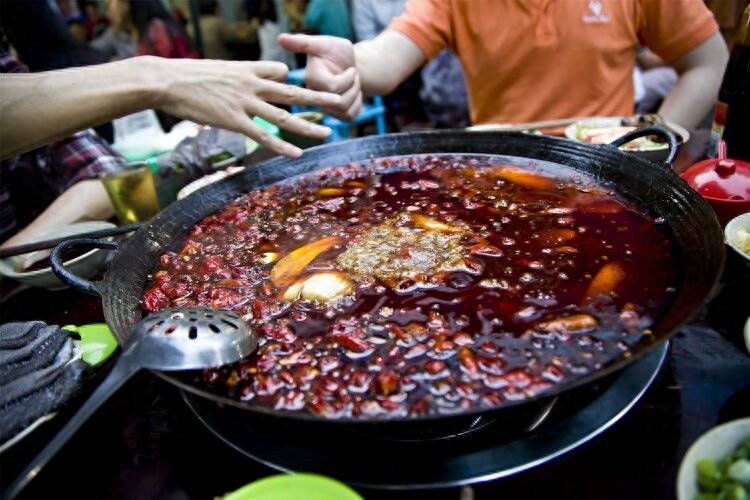
Mr. Wu, a 38-year-old man from Sichuan, cannot live without chili peppers. He has been diagnosed with hepatitis B five years ago but has never experienced any symptoms. He continued to enjoy his spicy lifestyle without any concerns. Three months ago, he started experiencing abdominal pain and vomiting. Thinking it was food poisoning, he didn't seek medical attention. However, last week, his abdominal pain worsened, and his complexion turned yellow, prompting him to finally go to the hospital.
He was diagnosed with liver cancer.

This made him regret not seeking medical attention earlier. He wondered if his love for spicy food had contributed to his condition. 1. Chili Peppers and Cancer: The controversy surrounding the health effects of eating spicy food has never ceased. Some believe that eating spicy food aids digestion and has anti-cancer properties, while others argue that it is harmful to the gastrointestinal system and can even increase cancer risk.

However, a study conducted by a team from Nanjing University of Chinese Medicine in January 2023 found that capsaicin, the active component in chili peppers, can alter the composition of the gut microbiota, increase intestinal permeability, disrupt the intestinal barrier, and promote bacterial transport to the liver, thereby increasing the risk of cancer metastasis.
2. Can You Still Eat Spicy Food? Does this mean one should avoid spicy food altogether? Not necessarily. Different studies can yield different results due to variations in research methods, types of chili peppers used, and the participants involved.

Several studies suggest that consuming spicy food can be beneficial.
A study published in the Journal of the American College of Cardiology indicated that individuals who regularly consume spicy food have a reduced risk of cardiovascular disease and cancer-related mortality, leading to longer lifespans.
In the adjusted analysis of data from four studies involving 570,000 participants aged 18 to 79 years, it was found that individuals who frequently eat spicy food had a 13% lower overall mortality risk, 17% lower cardiovascular disease mortality risk, 8% lower cancer mortality risk, and 20% lower stroke mortality risk compared to those who rarely ate spicy food (
<1 time="" per="" month).="" a="" similar="" study="" published="" in="" the="" international="" journal="" of="" epidemiology="" followed="" more="" than="" 512,000="" individuals="" aged="" 30="" to="" 79="" years="" for="" ten="" years="" in="" china="" and="" found="" that="" eating="" spicy="" food="" was="" associated="" with="" a="" reduced="" risk="" of="" esophageal="" cancer,="" gastric="" cancer,="" and="" colorectal="">

The association was even more pronounced among non-smokers and non-drinkers. However, the potential health benefits of chili peppers still lack definitive evidence of causation. More research is needed to provide a conclusive answer.3. How to Eat Spicy Food Healthily: While the debate on whether chili peppers are cancer-causing or cancer-fighting continues, it is generally considered safe to consume moderate amounts of spicy food.
To ensure a healthy consumption of spicy food, remember these four points: a) Avoid eating spicy food on an empty stomach, as it may irritate the gastric mucosa, especially for individuals with gastric ulcers. b) Individuals with gastric inflammation or hemorrhoids should moderate their intake of chili peppers to prevent exacerbating their existing conditions. c) Drinking milk can help alleviate the spiciness, as the fat in milk can bind with capsaicin to reduce its effects.
d) Moderation is key. While moderate consumption of chili peppers is unlikely to have a significant impact on overall health, excessive intake can still have adverse effects.



















